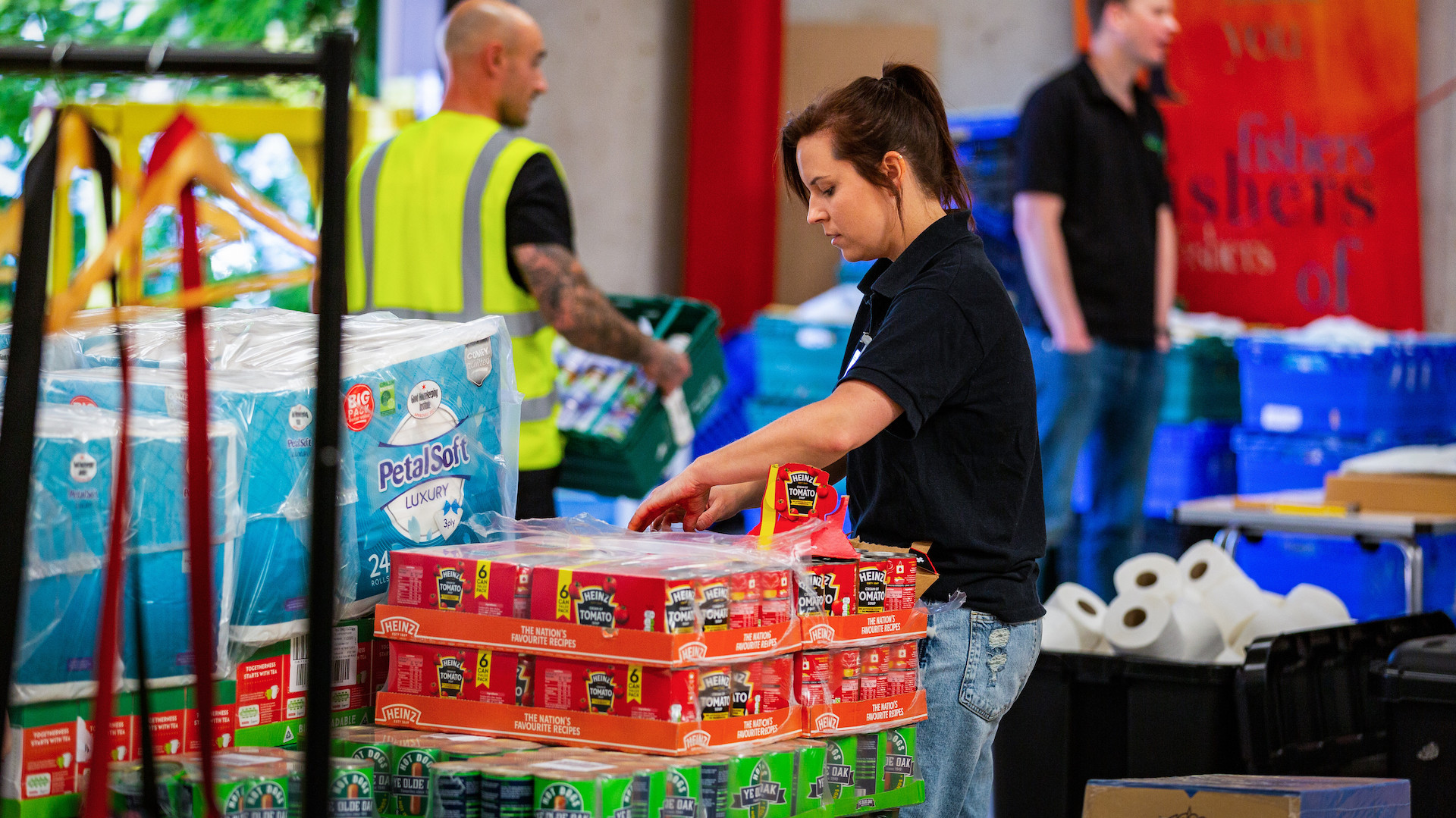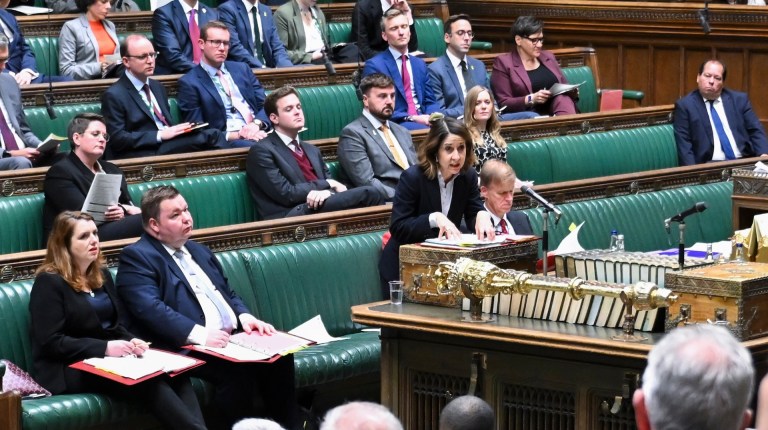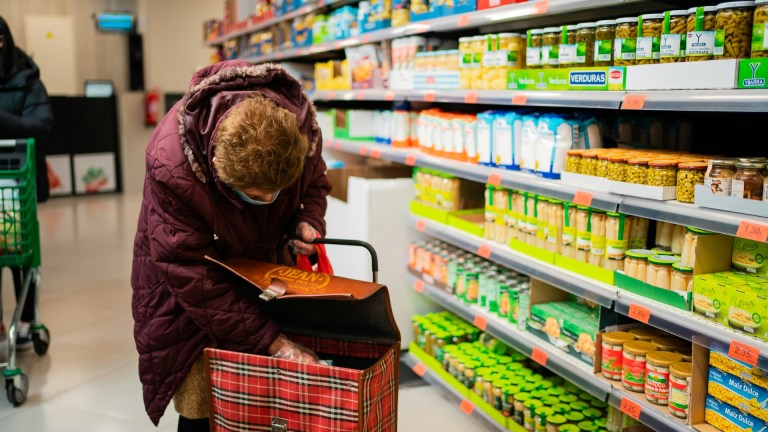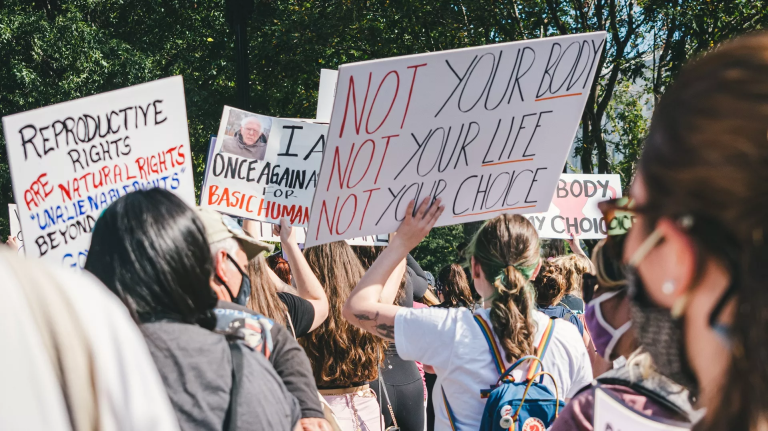“We are increasingly seeing people in need because universal credit simply doesn’t provide enough to cover the essentials,” said Jane Baker, project lead at Newcastle-Staffs Foodbank. “In the words of one person who needed our help: ‘By week three, things are tight, by week four, there is nothing left.’”
Elaine Morrison – a food bank manager in East Lothian – described the figures as unsurprising.
“[They] reflect what we are seeing at our food bank on a daily basis – 80% of those who use our food bank are in receipt of universal credit and 20% are struggling with debt,” she said.
Will the new Labour government raise benefits?
Before the election, the Big Issue joined calls for the next government to introduce an essentials guarantee for universal credit claimants.
The current allowance is simply insufficient. According to the Joseph Rowntree Foundation, universal credit must be at least £120 a week for people to afford essentials. That means that the standard allowance for universal credit for people aged 25 and over falls short by around £30 every week – or £120 every month. For people aged 25 and under, the shortfall is around £48 every week.
Labour have not yet outlined how they will reform the benefits system, but a major uplift appears unlikely. In his first major speech as prime minister, Keir Starmer cautioned that “things will get worse before they get better”, blaming a £22bn “black hole” in public finances for incoming ‘unpopular decisions’. He has also kept the two-child benefit cap in place, despite mounting pressure from his own MPs.
Previously, Starmer said that “handouts from the state do not nurture the same sense of self-reliant dignity as a fair wage”.
But work is not providing a reliable route out of hardship, the Trussell Trust research shows. Some 68% of working households in receipt of universal credit have gone without essentials, such as basic toiletries and prescriptions, in the last six months – only slightly lower than the level among people receiving universal credit who are not in work (79%).
Revie called on the government to scrap the five-week wait endured by new claimants.
“With the five-week wait and government loans pushing people into debt before they’ve even begun receiving universal credit, many people are facing an uphill struggle from the outset, exacerbated by the inadequacy of the support they eventually receive,” she said.
For the most vulnerable in society, reform cannot come soon enough. Food bank visitor Layla described her situation as “soul-destroying”.
“I had to stop working due to my health, but then my disability payments were stopped,” she said. “It didn’t make sense, because my conditions hadn’t changed but as a knock-on effect the rest of my benefits were reduced drastically. I could just about cover my housing and bills, but it wouldn’t stretch to food.”
”I didn’t want to have to go to the food bank, to actually accept that help was very hard. Not having enough money is so stressful, you have so little control over your income when you’re on benefits and the system needs a complete overhaul so people can actually afford the essentials, we all need.”
Do you have a story to tell or opinions to share about this? Get in touch and tell us more. Big Issue exists to give homeless and marginalised people the opportunity to earn an income. To support our work buy a copy of the magazine or get the app from the App Store or Google Play.









